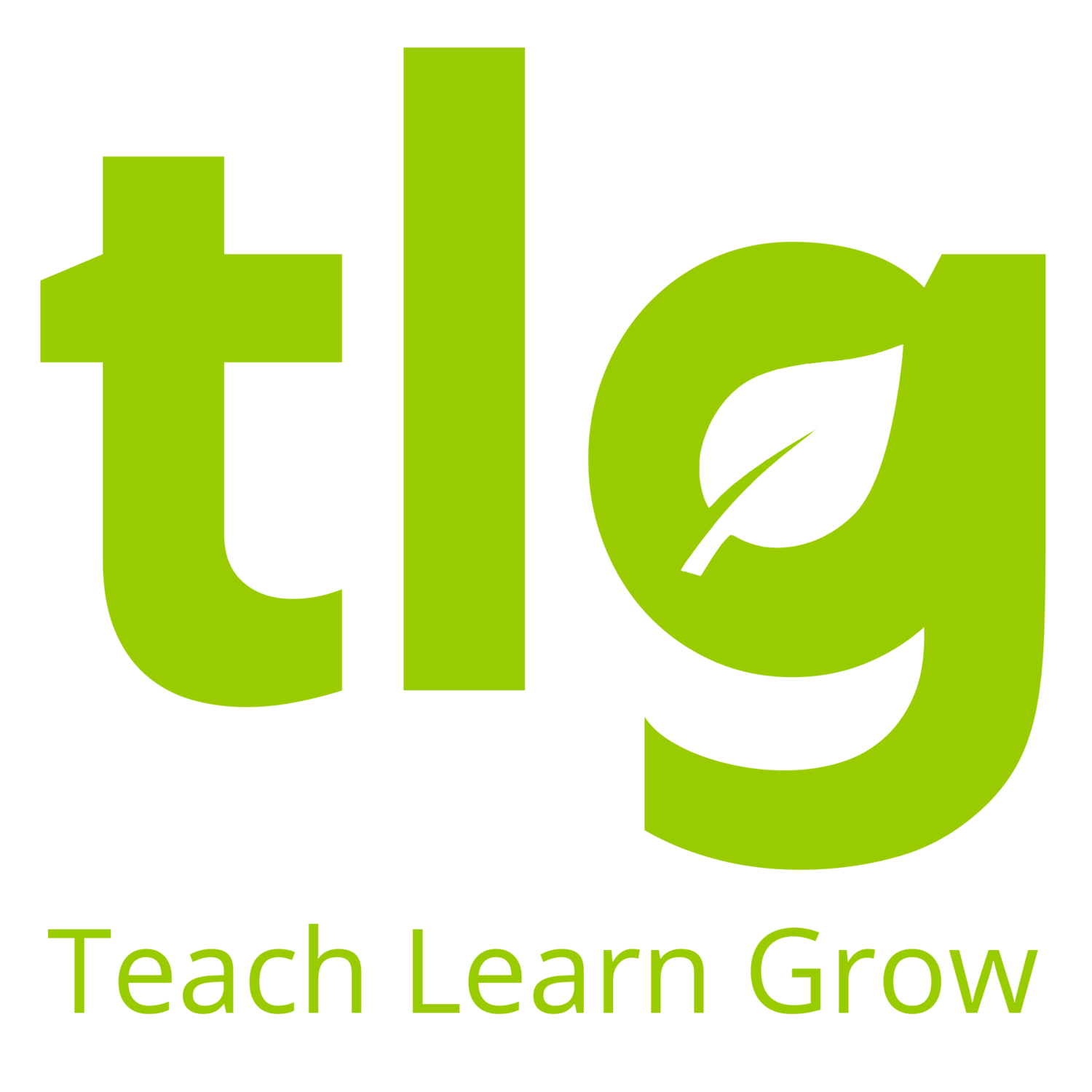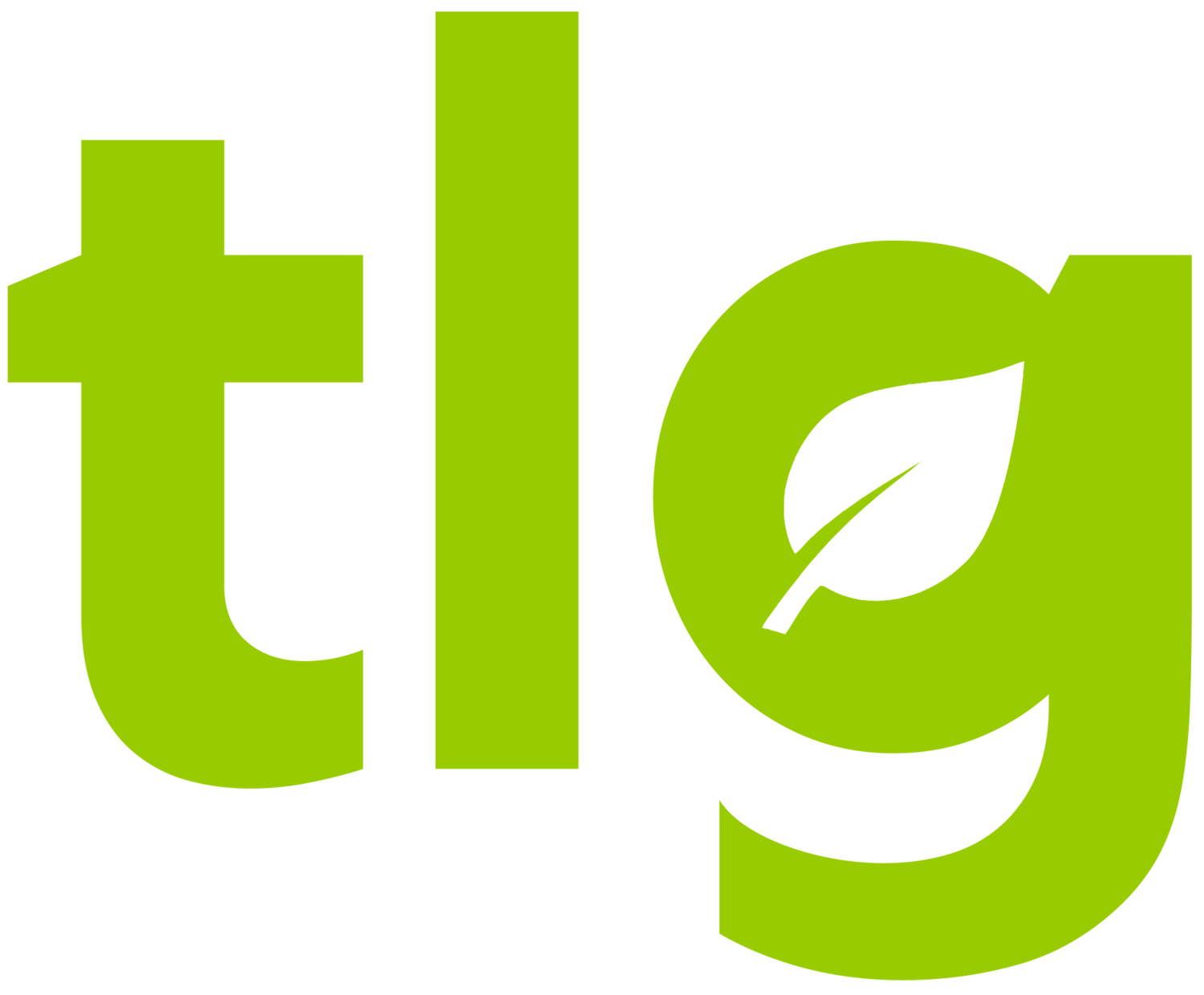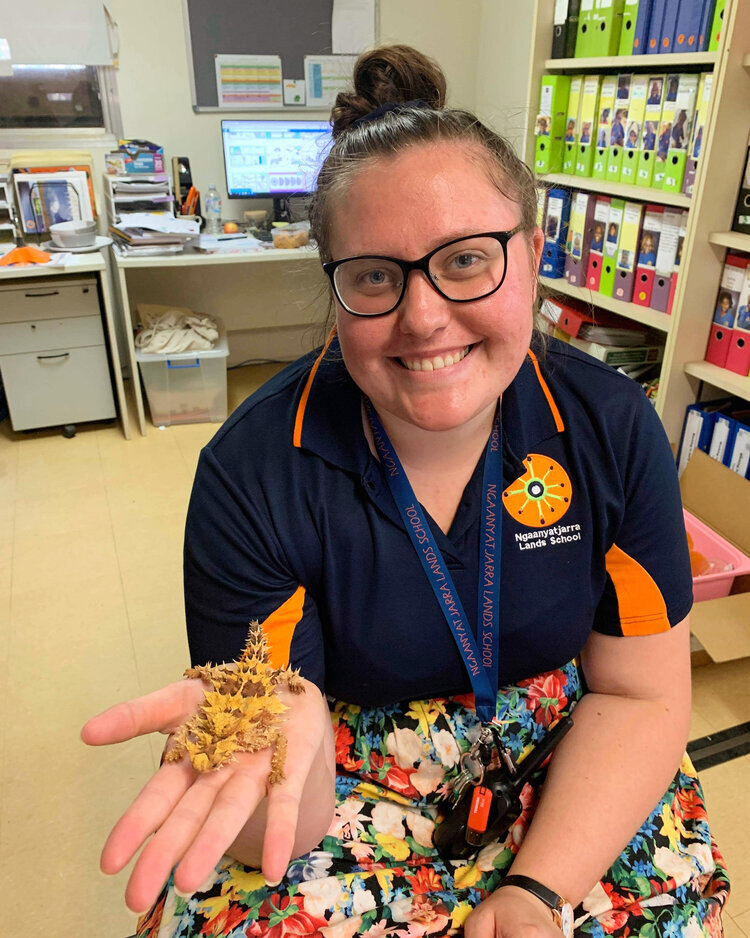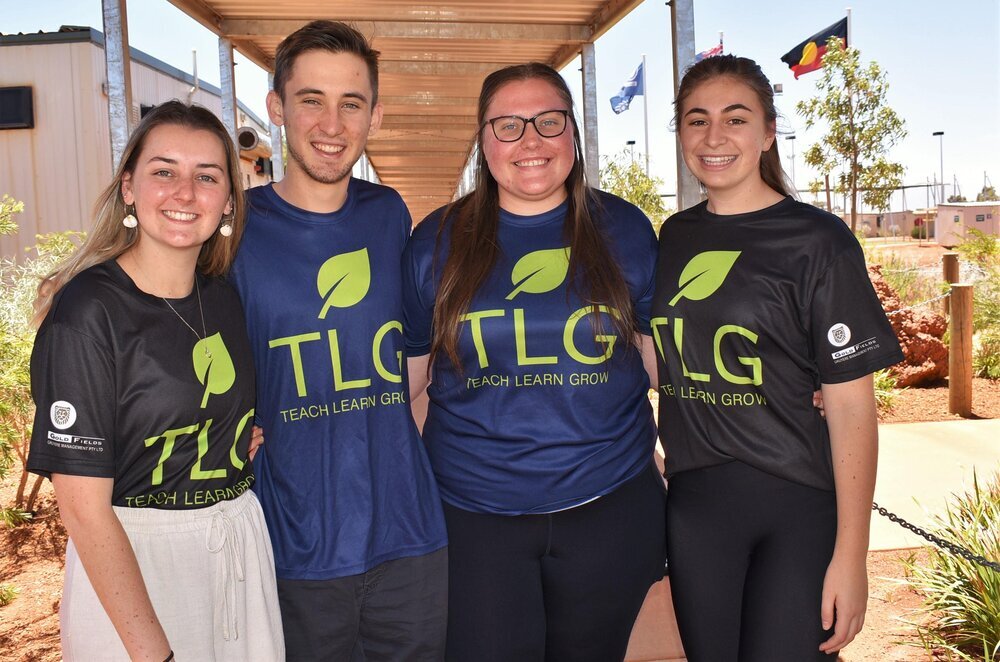Where are they now? Nina's Story
This article was written by Teach Learn Grow Public Relations Officer, Anne-Marie White.
Nina Horeb in a TLG t-shirt.
Welcome to the second installment of our blog series, Where are they now? Stories of TLG Alumni. This week we are featuring TLG Veteran, Nina Horeb, who now works as an early childhood teacher in Kiwirrkurra, the most remote community in Australia and among the most remote in the world.
Nina’s involvement with TLG began four years ago while she was completing her Bachelor of Education (Early Childhood) at Edith Cowan University. During this time, she completed seven Rural Programs in schools in WA and NSW. She also spent three and a half years on the TLG Executive, first as an Education Officer and, then later, as the Manager of the Education Team. Nina told us she “always wanted to be a teacher” and this is largely what motivated her to start volunteering with TLG. However, prior to her involvement with TLG, teaching in a rural or remote setting had not been an option she had considered. “My experiences with TLG have really changed the direction of my future career,” she said, “as someone who was born and raised in the city, I had no experience of schools outside of Perth.” During her multiple Rural Program trips, however, Nina was able to “expand [her] horizons” and learn about the opportunities that exist in rural communities. Nina also told us that her time with TLG “uncovered a passion for Indigenous education” and that she is “so grateful” her current teaching job in Kiwirrkurra, which has a high Indigenous population, allows her to “work for that passion every day.”
As Nina was finishing up her teaching degree in 2019 she began reaching out to principals of remote schools in WA. After visiting Kiwirrkurra in November she was offered a job as an early childhood educator. She started her new position just a few short months later at the beginning of 2020. Nina teaches a multi-age class of Kindergarten to Year 2 students alongside a “wonderful” Aboriginal and Islander Education Officer (AIEO).
Nina at her new job, holding a thorny devil.
Kiwirrkurra is located in the WA Gibson Desert and is situated 1200km east of Port Hedland and 700km west of Alice Springs. It is home to some 165 residents and is affiliated with the Ngaanyatjarra Council. Nina described the past few months as “a whirlwind,” but “a whirlwind I have loved no less!” She said that she believes her experience visiting rural communities with TLG has helped her make the transition from metropolitan to remote community life easier as she “was not going in blind to the geographical location and various challenges associated with remote teaching.”
We asked Nina if she could describe some of the challenging and rewarding aspects of her new job. She noted that one of the challenges was having to exercise a lot of adaptability and flexibility given transient attendance rates and never quite knowing which students she will have each day. Additionally, she told us that her students are EAL/D (English as an Additional Language or Dialect) learners so “ensuring that I am catering to these needs, they understand me and I am supporting them to be strong in their culture and language is also a juggling act!” Yet despite there being “a lot to get [her] head around,” Nina expressed that “even the challenging times are rewarding. It is so important out here to really hold onto the positive moments, such as when you can see the students actively engaged, or they demonstrate a skill they have been learning...The most rewarding thing about each day is knowing that my students have felt safe, happy and loved.”
We also asked Nina how she would explain the education gap to someone who had never heard of it. She replied that it is very difficult to comprehend all the different facets of it “until you meet and work with the students and families” who are affected by it. “When discussing the differences between my community [Kiwirrkurra] and somewhere like Perth, I have found it helpful to talk about three different worlds,” she told us. “There is the metropolitan world I have grown up in; then there is the traditional and culturally strong Aboriginal world that my students’ grandparents grew up in; and then there is the world that they are trying to live in now, which is stuck in between the first two. [For the people in my community] The rules, expectations, languages and even food can be so different to what they knew just 40 years ago.” According to the Ngaanyatjarra Land Council, many elder Kiwirrkurra residents first came into contact with non-Indigenous people as recently as the 1950s and early 1960s. Nina stressed the importance of “listen[ing] to the communities as we work with them, [so that we can] best care for our students and live across both worlds help them reach their potential.”
Nina (second from the right) on RP at Cosmo Newbery Remote Community School .
Nina said that she would strongly encourage education students to look at jobs in rural Australia. “It is an experience like no other that will provide you with such a strong professional foundation for your career, let alone the personal growth you will experience too. I can see myself out here into the future and believe it will be a cornerstone experience of not just my career, but my life too.” Nina said that going on multiple Rural Programs with TLG gave her a “taster” of life in rural and regional Australia and that, the more she learnt “the more I knew that [teaching in rural Australia] was something I needed to do.” She reflected on her experience during her final Rural Program at Cosmo Newbery Remote Community School, situated in a small Aboriginal Community located about 1,000 kilometres east of Perth. “Four of us worked with the ten students there, every day, all day, for the whole week,” she told us. “Spending six hours straight with the same two to three students allowed for extremely close bonds to form...We were so welcomed into the community and...This sense of belonging in a small community was very supportive in my decision to teach remote.”
Nina describes TLG as an “integral” part of her life throughout the past four years. “I know the connections I have made through TLG will continue on for many more years to come,” she said. “I am so grateful for the leadership, networking and professional opportunities it has provided me, not to mention the extremely strong and enriching personal friendships I have developed with like-minded people.”
If you would like your own ‘taster’ of life in a rural community (just like Nina), fill out this form to register your interest for the Rural Program and receive an email update when applications open.




